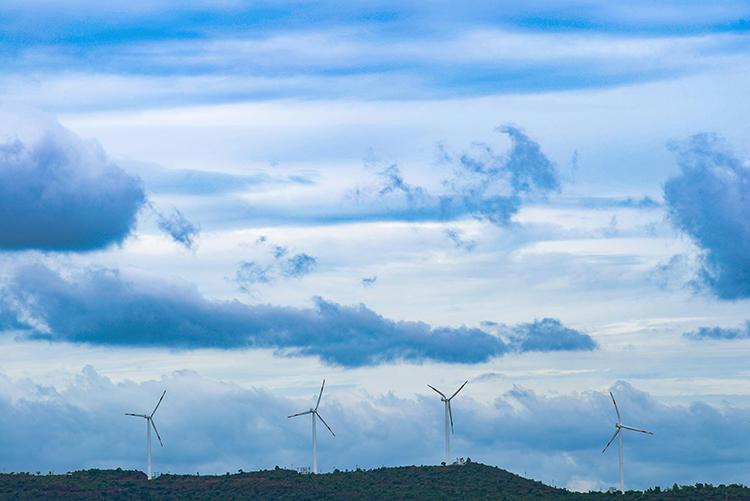Poland: One-third of companies eye investment in alternative energy vehicles
A recent report by CBRE and P3 reveals that one-third of companies in the logistics and supply chain sector plan to invest in alternative energy vehicles within the next two years. The report also shows that more than half of the companies in this sector have already directed funds towards sustainability projects, including recycling, energy savings in warehouses, and employee initiatives. Expanding environmental measures to subcontractors and suppliers is also a priority for many.
The drive towards environmental initiatives in the logistics sector is largely motivated by the need to meet the expectations of customers, suppliers, and service providers, as well as regulatory requirements. However, companies are also driven by a desire to positively impact the environment, reduce costs, increase productivity, and improve their corporate reputation, according to Michal Sniadala, head of warehouse and industrial space at CBRE.
The ‘Confidence Index 2024’ survey highlights that 61% of companies have already invested in recycling and sourcing measures, while 56% have focused on energy-saving solutions in warehouses. Additionally, 55% of companies have supported employee initiatives, and 53% have invested in positive environmental impacts, such as landscaping. Efforts to protect water resources have been made by 43% of organizations, and 42% have implemented fleet fuel optimization and alternative fuelling solutions.
The trend towards sustainability in the logistics sector is growing, with companies increasingly involved in green initiatives. According to Bartłomiej Hofman, managing director of P3 Logistic Parks in Poland, alternative energy vehicles are becoming a key goal, alongside upgrades to logistics properties and the adoption of renewable energy sources such as solar panels and heat pumps.
In the short term, optimizing fleet fuel consumption and investing in alternative energy vehicles are top priorities, with 33% of organizations planning to do so within the next two years. However, the transition to greener vehicles faces challenges, including the operational capacity and range of new vehicles and a lack of public refuelling or charging infrastructure. Manufacturers and retailers are also concerned about the high costs associated with this transition.
Beyond fleet upgrades, 30% of companies plan to extend environmental initiatives to suppliers and subcontractors and use technology to achieve environmental goals. Looking further ahead, heat pumps are expected to become a priority for many in the logistics sector between 2026 and 2027, with 27% of organizations planning to invest in hydrogen energy management.
The ‘Confidence Index 2024’ Logistics and Supply Chain Optimism Survey, conducted by Analytiq between March and May 2024, included 50 respondents from logistics companies, manufacturers, and retailers.









